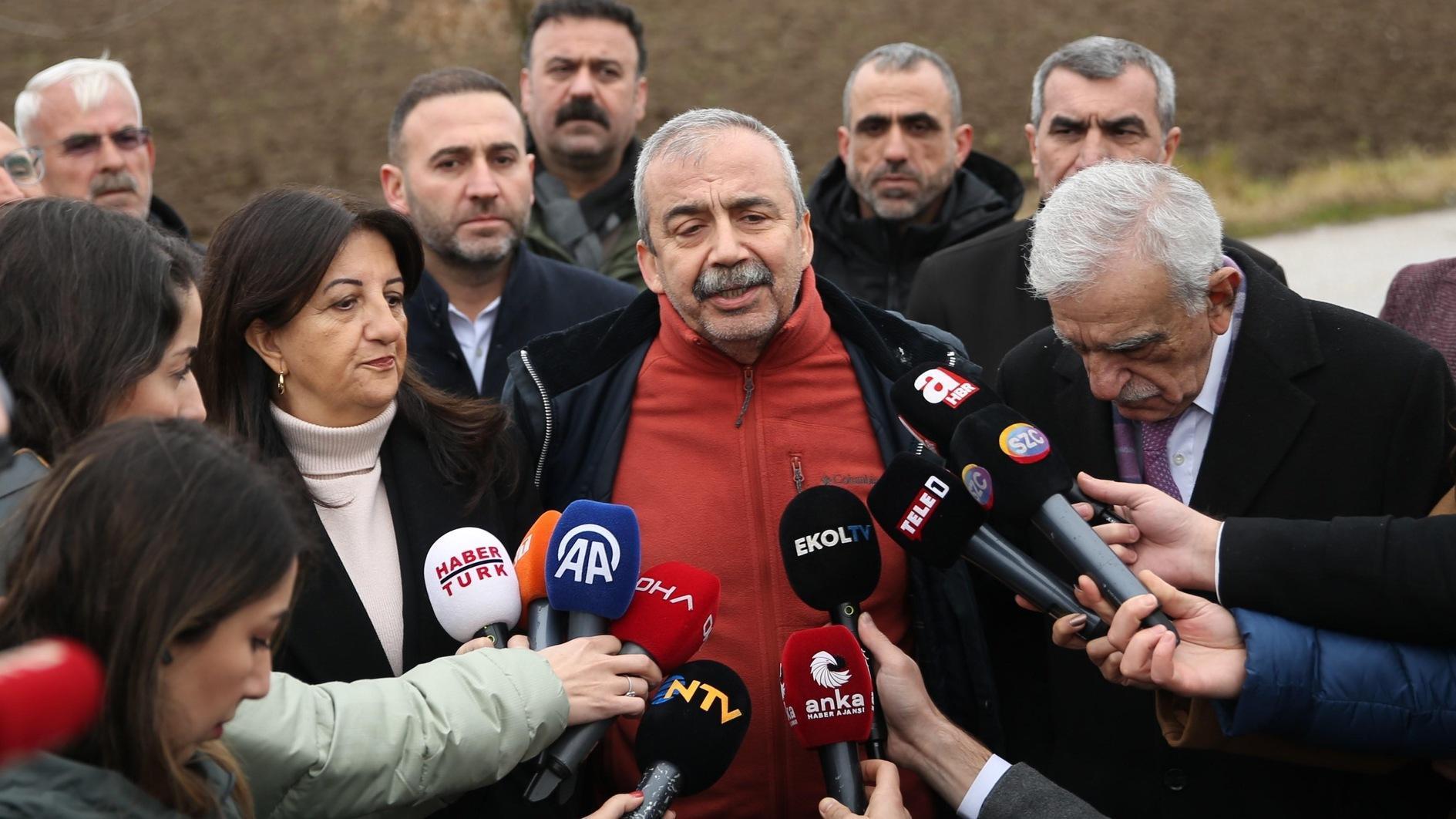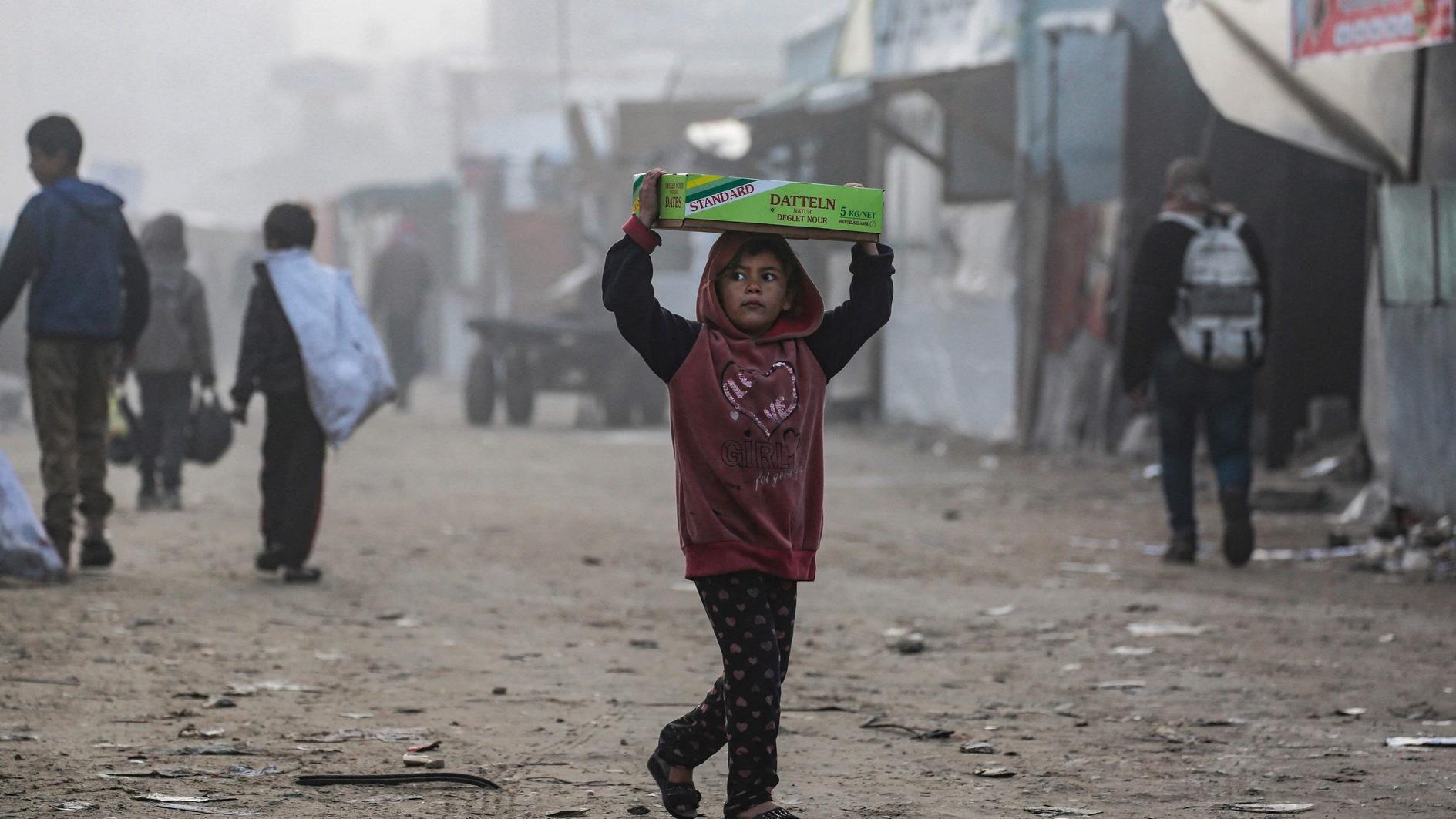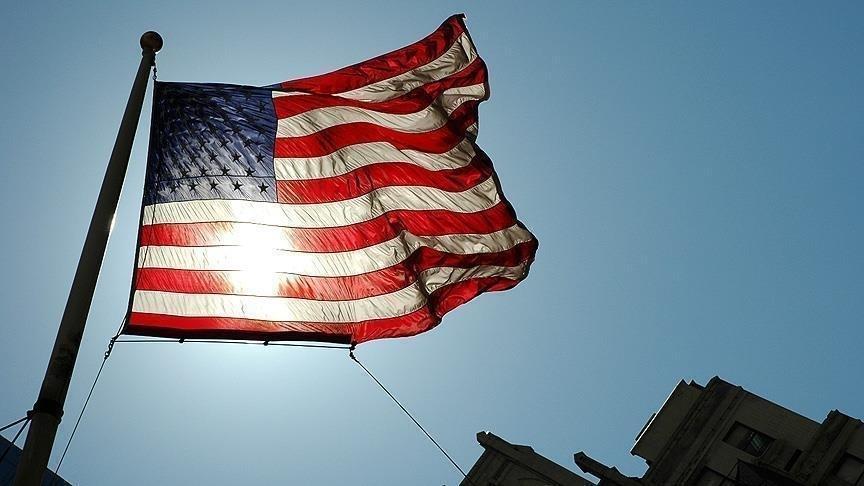Turkey doubles its efforts against COVID-19
Turkey will soon mark its sixth month in the fight against the COVID-19 pandemic. The first case in Turkey was registered on March 11, on the day the World Health Organization (WHO) declared the COVID-19 a pandemic.
Roughly, the Turkish fight against this contagious disease can be divided into two periods, the first one started on March 11 and lasted until June 1. Many of the restrictions as well as curfews were lifted on that day due to the reduced figures. Turkey had observed a peak in April with around 5,000 new cases and more than 100 dead on a daily basis. The second period with eased measures started just on the eve of the summer and is still going on as of today.
Let’s just compare the figures, on June 1, the number of newly infected cases were 827 with 23 dead and on Sept. 7, the number of new cases hit 1,703 with 57 dead, exposing an unexpected and worrisome surge.
Just like in many parts of the world, especially in the northern hemisphere, the long summer period has resulted in easing the travel restrictions and measures applied to large-scale events in Turkey as well. After months of lockdown, many Turks have flocked to the beaches, held their canceled social events and wedding ceremonies, etc. The bitter consequences of this, rather reckless move, have started to be observed since the last weeks of August as the figures started to skyrocket in a very short span of time.
Not all the blame can be thrown to the people, of course. The government and the political parties did not seem very attentive in following the basic social distancing rules, either. The main opposition Republican People’s Party (CHP) held its convention in late July while President Recep Tayyip Erdoğan attended the inauguration of the Hagia Sophia as a mosque in a ceremony with the participation of more than 300,000 people. Erdoğan has recently held a public rally in the flood-hit Black Sea coastal town of Giresun where social distancing has not been observed at all.
What makes the current picture is bleak is the fact that lesser people believe in the accuracy of the COVID-19 figures shared by the Health Ministry. A public health expert, Professor Mehmet Saltık, suggested in an interview with the Turkish media that the spread of COVID-19 was no longer under the control and that around 130,000 hospital beds were occupied with COVID-19 patients. He also said many more had already been sent home.
People with milder symptoms were not allowed to give the PCR testing while patients who were diagnosed with COVID-19 but with good general health conditions were not treated at hospitals, he also claimed.
Plus, Ankara and Istanbul mayors, whose municipalities have the records of the funerals in their respective constituencies, argue that the death toll is perhaps two or more times than the actual figures.
The government suggests that the national healthcare system can cope up with the growing spread of the virus while Health Minister Fahrettin Koca informed that two hospitals in the downtown Ankara that were closed in the past year will be opened soon.
A recent statement by Erdoğan hints that Turkey is coming close to the end of the second period in its fight against the COVID-19 after observing its second peak of the first wave. It’s understood that more restrictions and even curfews will be ordered by the government in the coming days or weeks to avoid the chances of the second wave of coronavirus.











